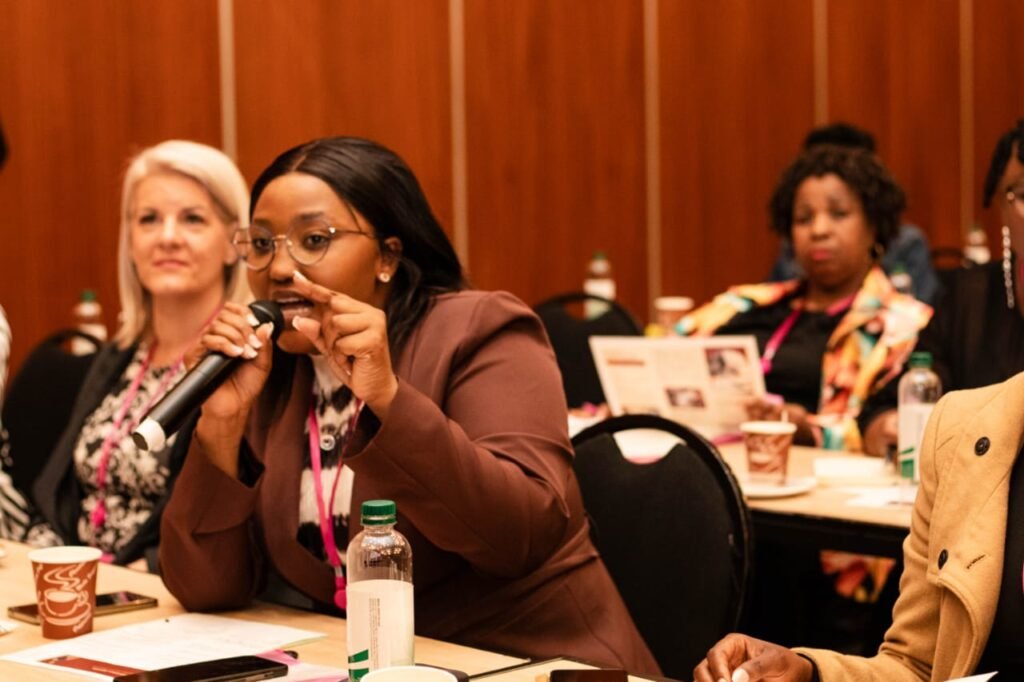Conference Schedule
- 16-17 May 2025 | Polokwane Royal Hotel | Polokwane
- 23-24 May 2025 | The Beach Hotel | Gqeberha
- 30-31 May 2025 | Premier Hotel | Pretoria

Our thoughtfully curated sessions will explore best practices in curriculum innovation, leadership development, and data-driven strategies to enhance both teacher support and learner outcomes.
Each part of the schedule is designed to equip you with tools, insights, and actionable strategies to strengthen your department’s performance and foster a thriving school environment.
Get ready for inspiring talks, hands-on workshops, and valuable networking opportunities.
Day 1: The Strategic Role of Departmental Head in School Leadership
- Establishing Leadership and Vision
- Curriculum Oversight and Development
- Supporting Teacher Development
- Promoting Data-Driven Decisions
- Building Leadership Skills for Curriculum Management
- Implementing Innovative Strategies
- Fostering a Culture of Continuous Learning
- Data-Driven Decision-Making in Curriculum Management
- Mentorship and Support Networks
- Providing Emotional Support and Guidance
- Encouraging a Growth Mindset
- Offering Professional Development Opportunities
- Establishing Collaborative Networks
- Recognizing and Celebrating Achievements
- Ensuring a Safe and Inclusive Learning Environment
- Advocating for Fair Treatment and Equal Opportunities
- Supporting Professional Boundaries and Well-being
- Upholding Academic and Ethical Standards
- Addressing and Preventing Discrimination and Harassment
- Developing emotional intelligence to strengthen communication and build trust.
- Fostering a collaborative culture for sharing ideas and resources.
- Setting clear goals and expectations to align team efforts.
- Encouraging continuous professional development to enhance instructional skills.
Day 2: Enhancing Leadership Capacity and Managing Change
- Developing a Clear Vision and Strategy for Change
- Building a Collaborative and Supportive School Culture
- Implementing Data-Driven Improvement Plans
- Monitoring Progress and Adjusting Approaches as Needed
- Fostering Resilience and Adaptability Among Staff
- Establishing Consistent Classroom Expectations
- Supporting Positive Behavior Management Techniques
- Providing Regular Feedback and Coaching to Teachers
- Facilitating Professional Development in Classroom Management
- Encouraging Collaborative Reflection and Improvement
- Identifying Root Causes of Conflicts
- Facilitating Open Communication and Active Listening
- Implementing Mediation and Problem-Solving Techniques
- Providing Training on De-Escalation and Conflict Resolution
- Creating Policies for Managing Difficult Situations
- Identify areas where students need support by analyzing assessment data, allowing for focused interventions.
- Use data insights to customize teaching approaches that match individual learning needs, fostering appropriate challenge and support.
- Make curriculum and strategy decisions based on data, optimizing teaching effectiveness through evidence-driven choices.
- Continuously track student performance to assess both individual and group progress, refining instruction for long-term achievement growth.
Conference Methodology & Timing
The conference employs an interactive methodology, combining keynote presentations, panel discussions, and hands-on workshops. Each session is designed to offer practical insights and foster engagement, enabling participants to exchange ideas and apply new knowledge effectively.
Morning sessions focus on foundational concepts and best practices, while afternoon workshops encourage collaboration and practical application, providing attendees with tools and strategies directly relevant to their roles.
Ample time for networking is also built into the schedule, giving participants opportunities to connect with peers and speakers. This approach ensures that attendees leave with actionable takeaways and a support network to enhance their ongoing professional development.
The conference follows a structured schedule designed to maximize engagement and accommodate both intensive learning and refreshing breaks.
Registration begins at 8:30, with the first session starting promptly at 9:00. Day one runs from 9:00 to 16:00, while day two concludes slightly earlier, from 9:00 to 15:00.
To keep attendees energized, there will be scheduled breaks throughout each day, including morning tea, a mid-morning break, lunch, and an afternoon refreshment break.
This timing allows participants to absorb content, interact with peers, and reflect on new insights while enjoying ample opportunities to recharge.
